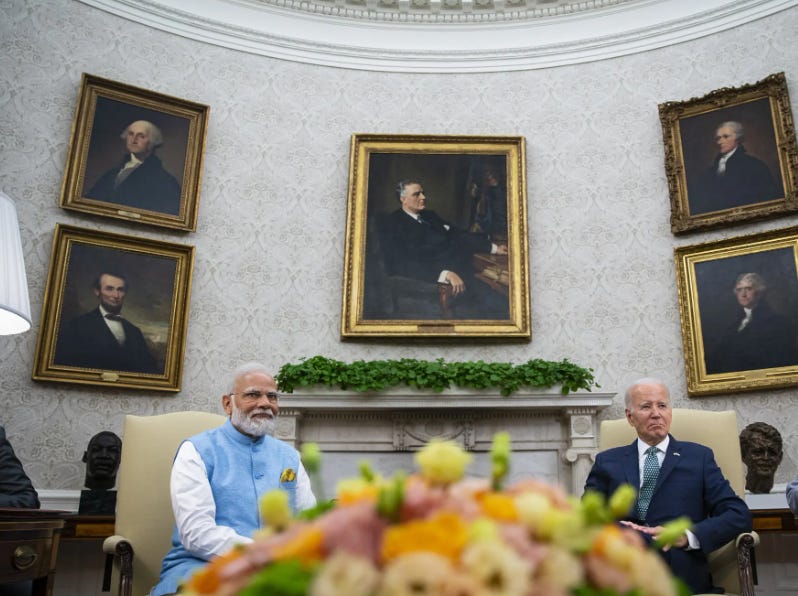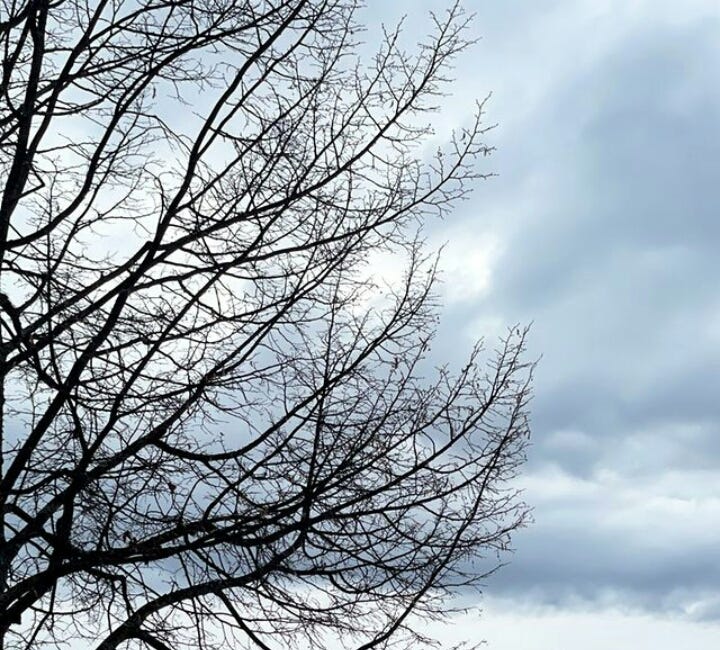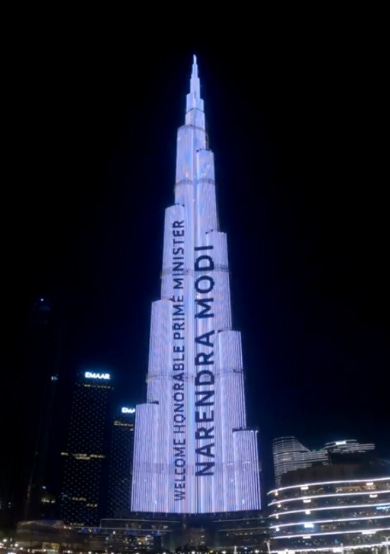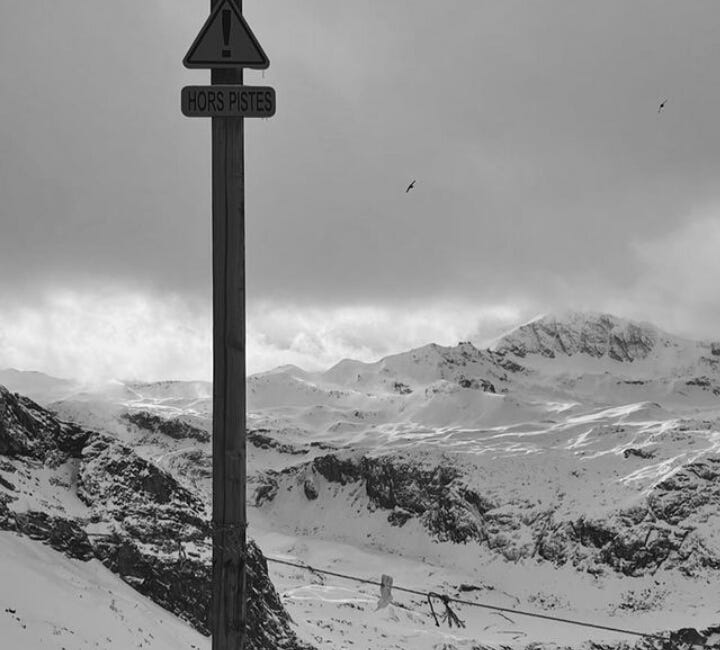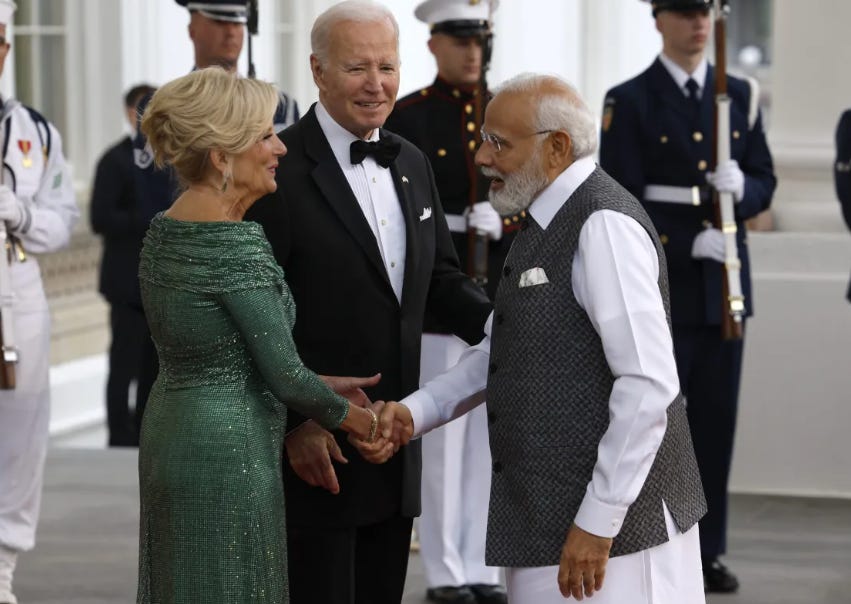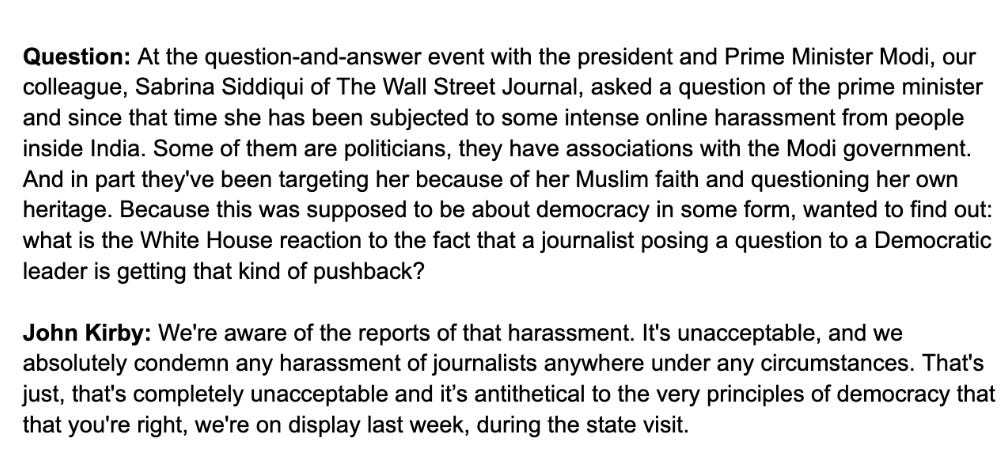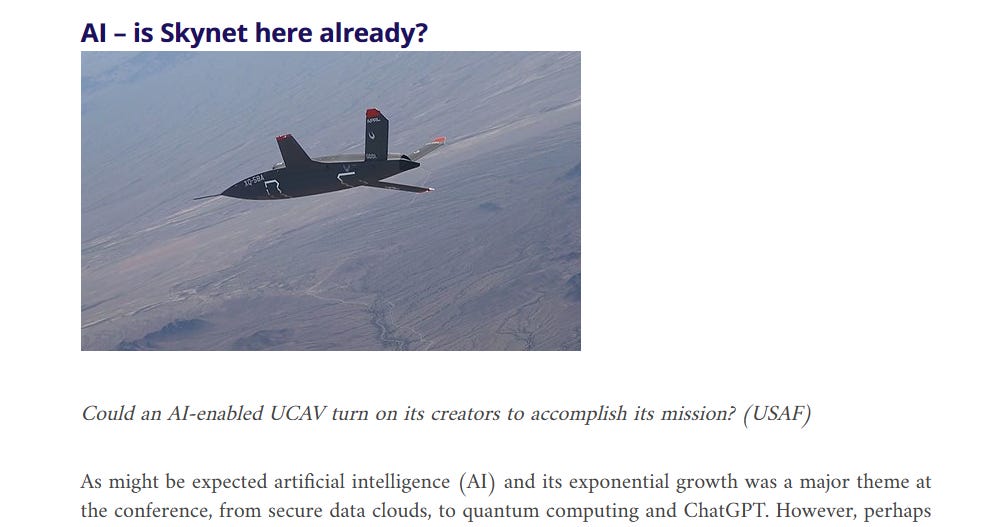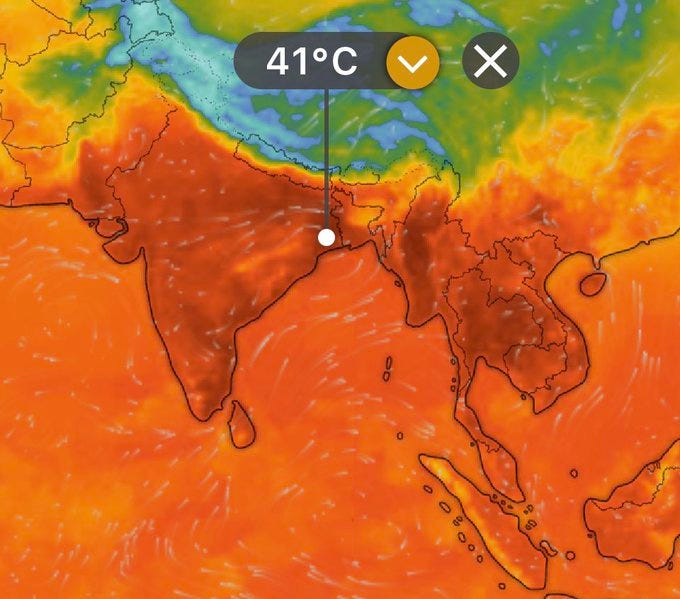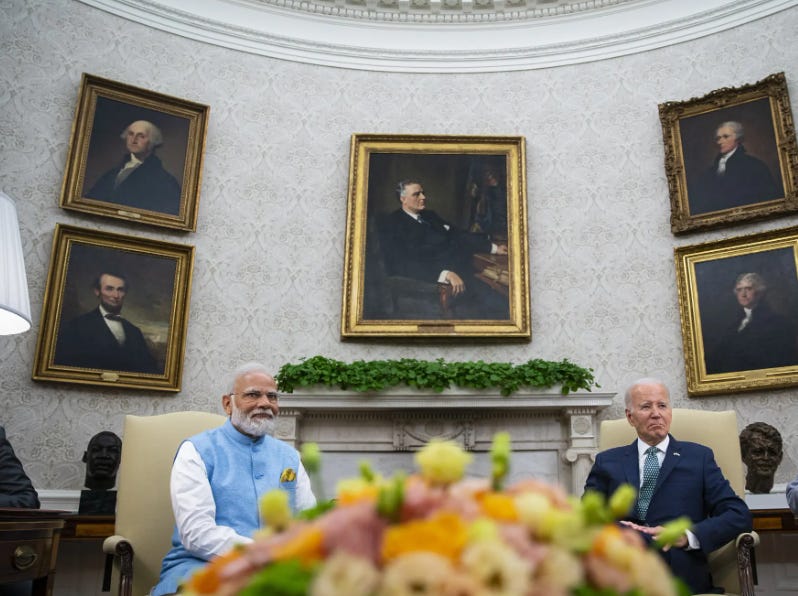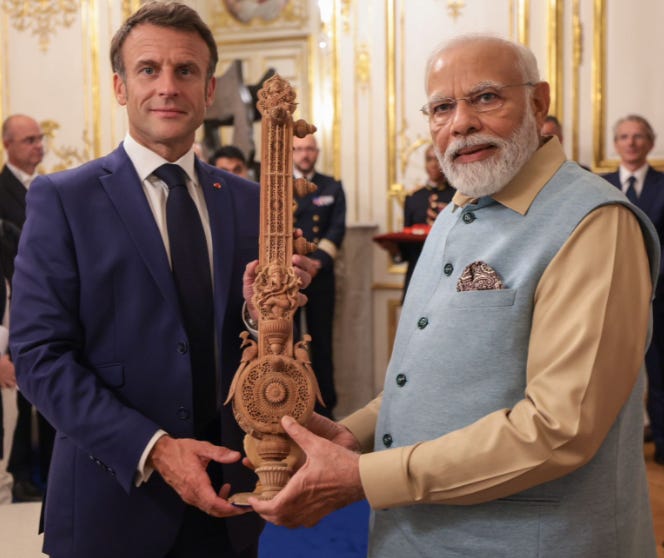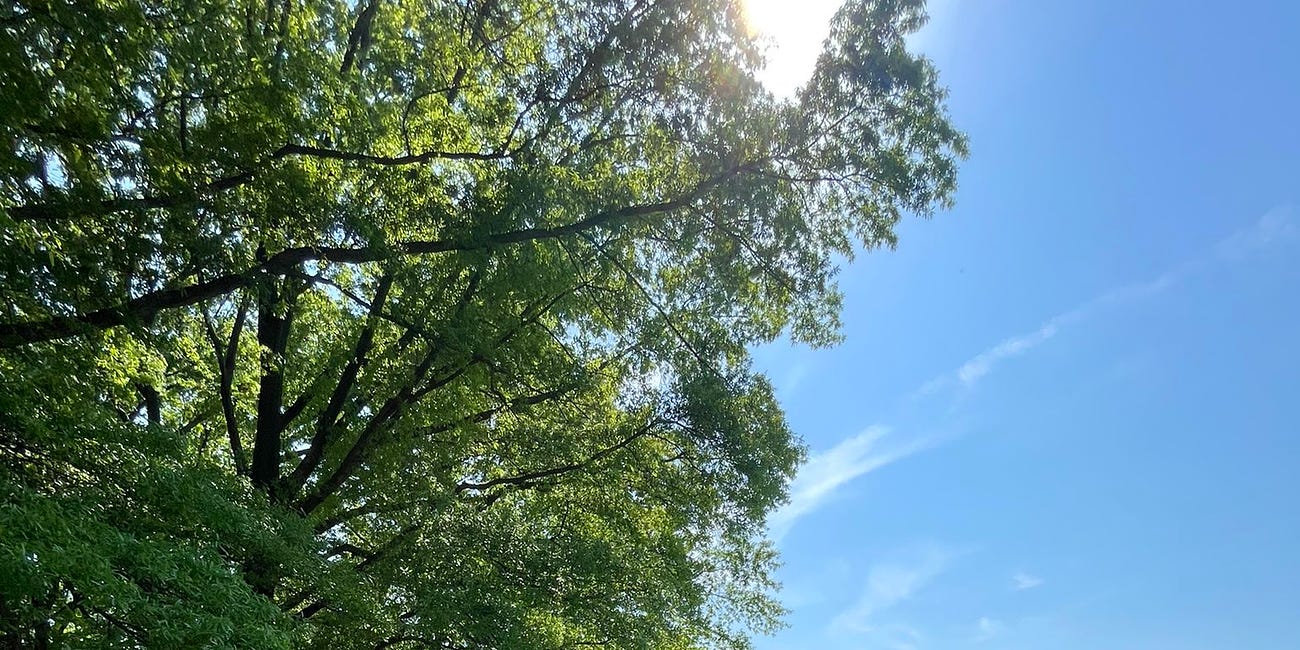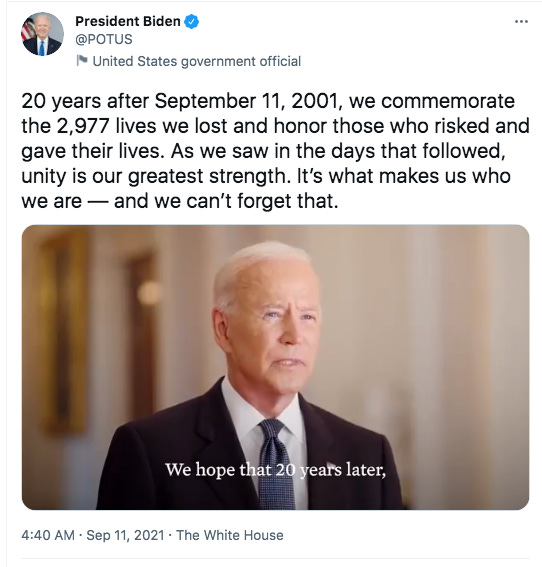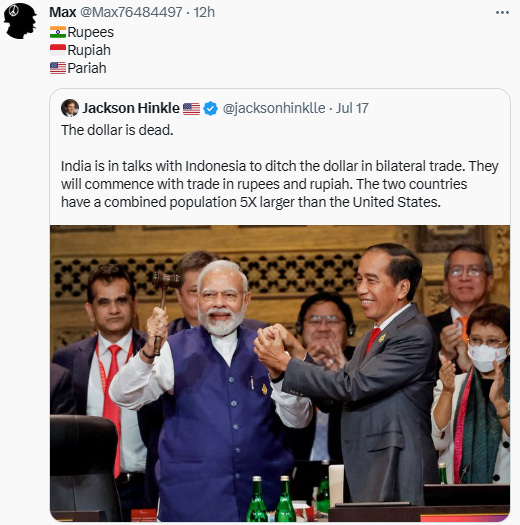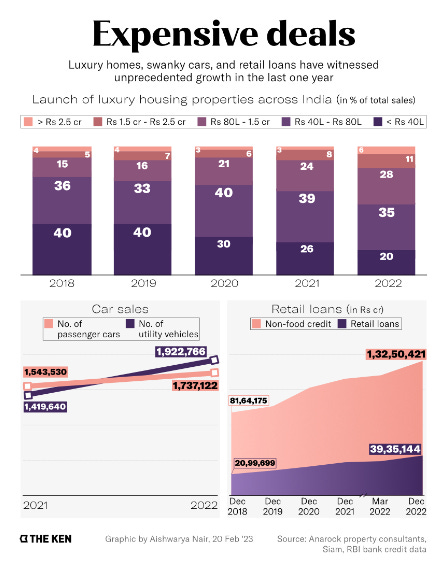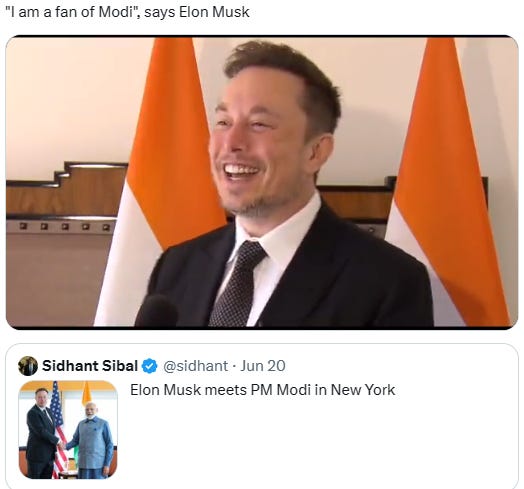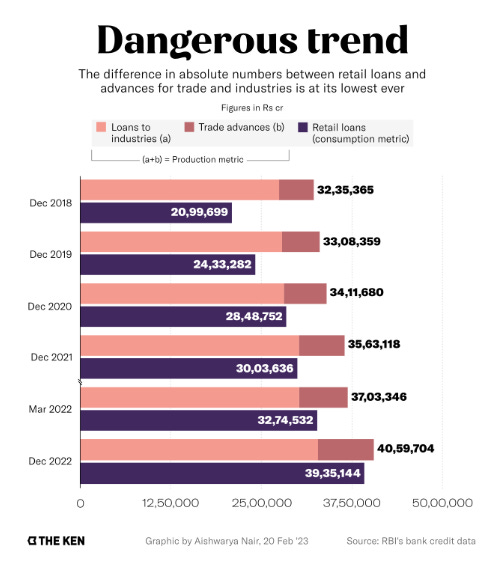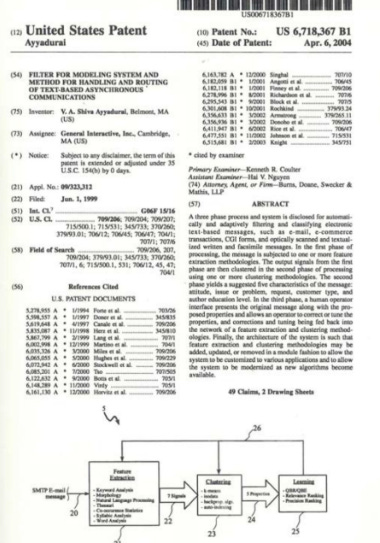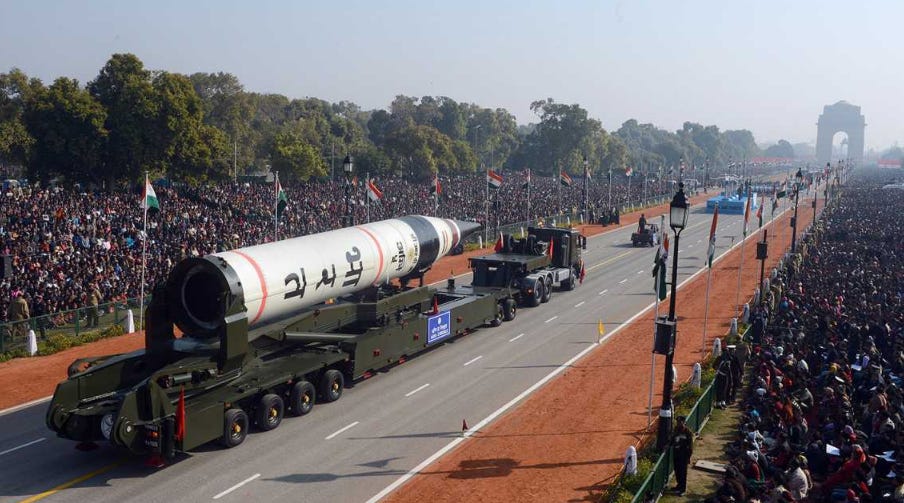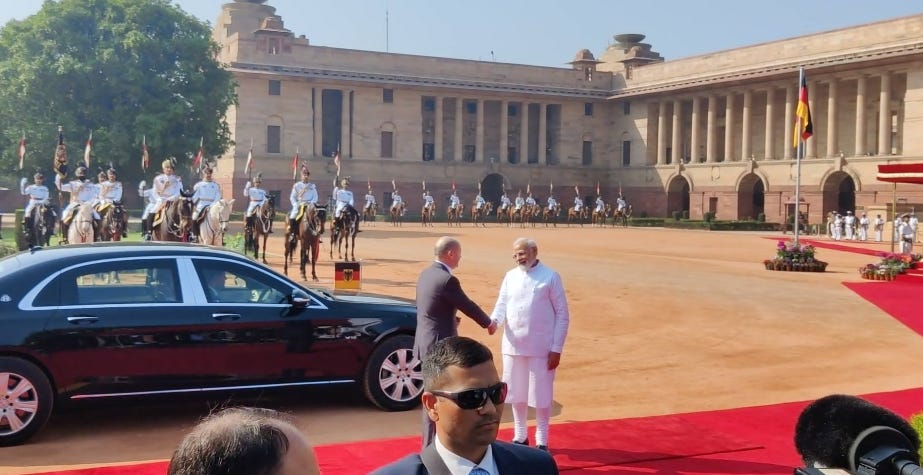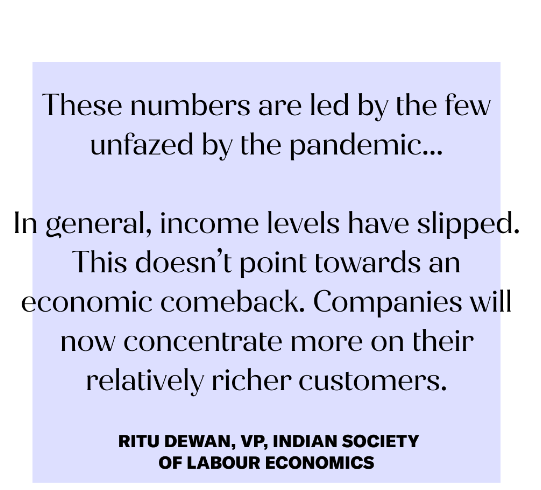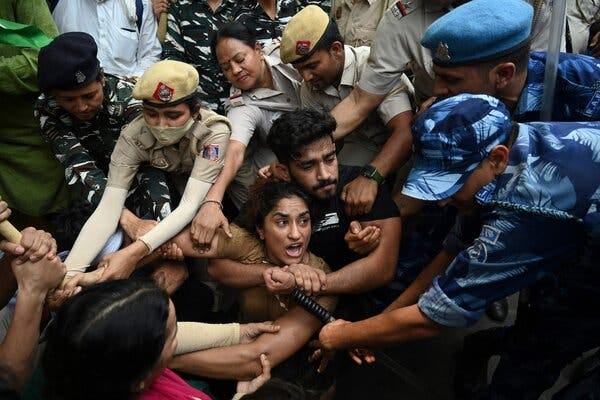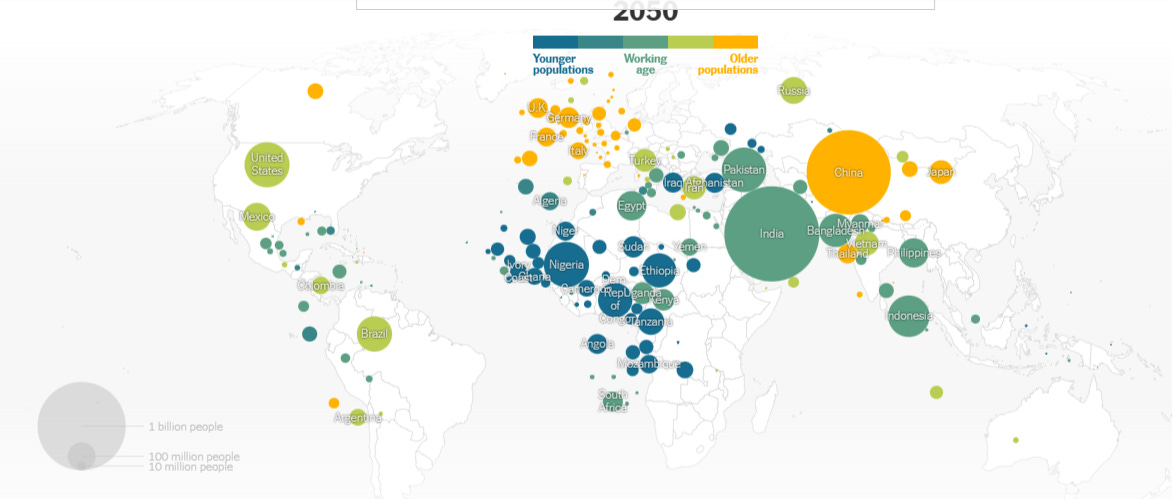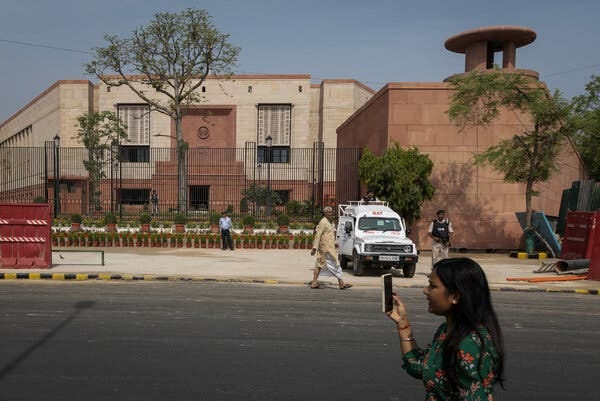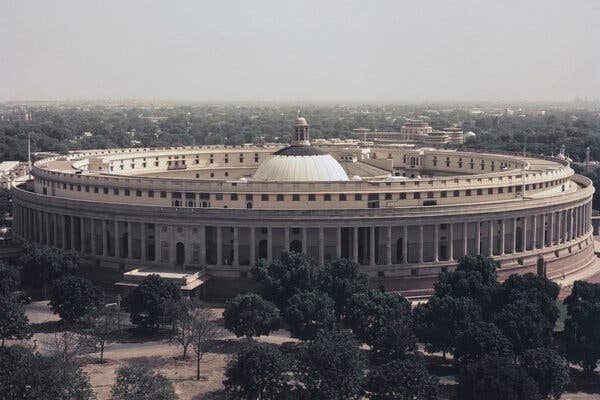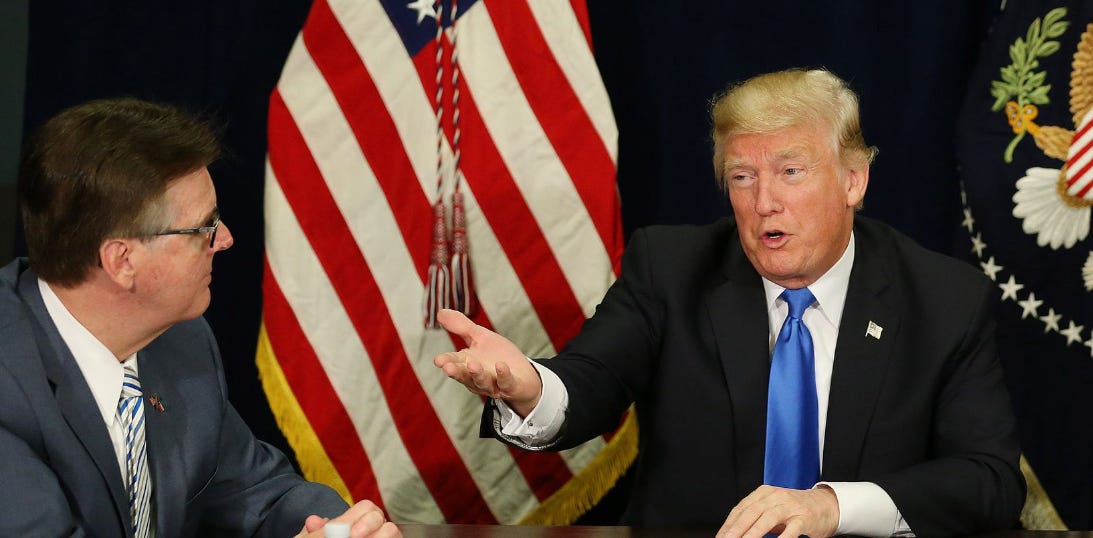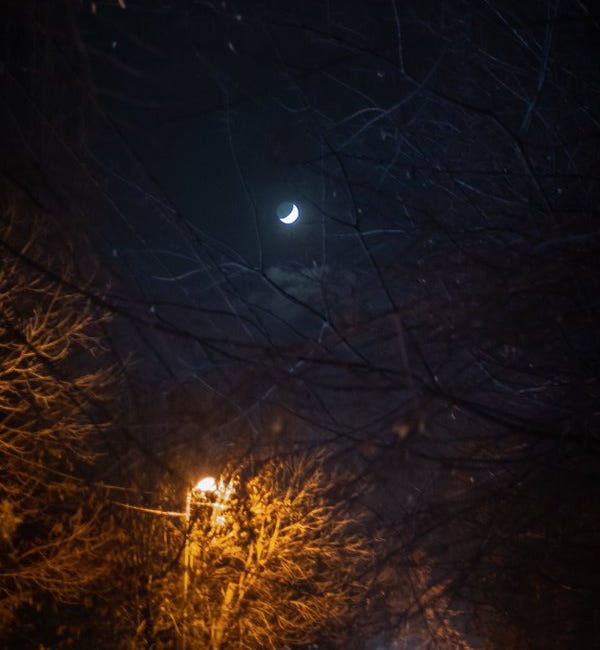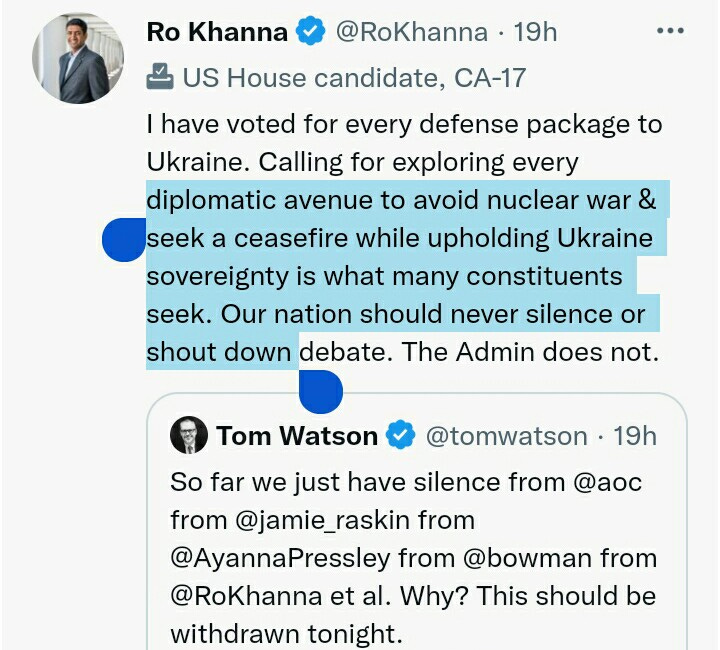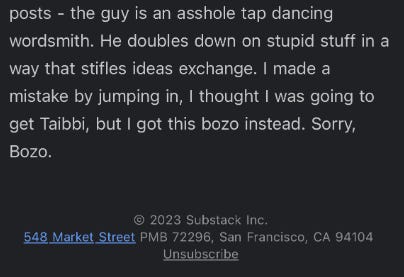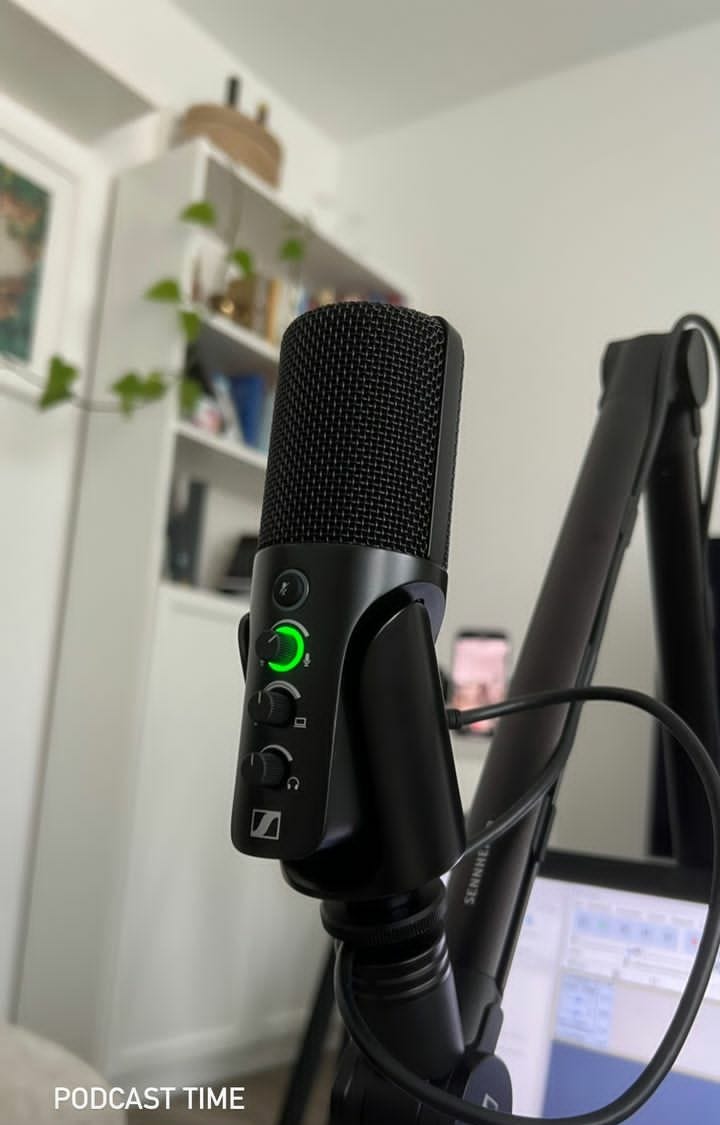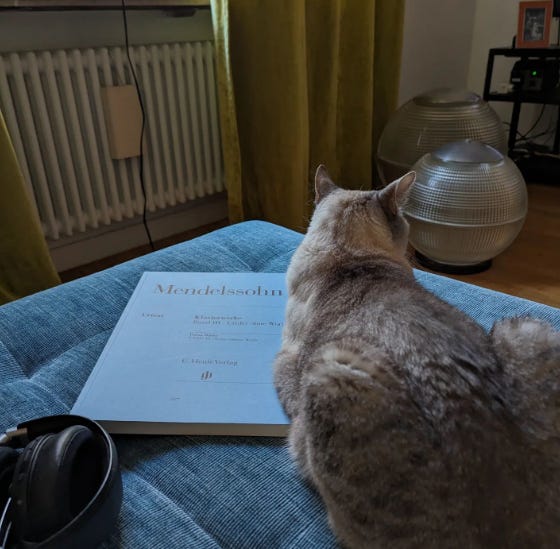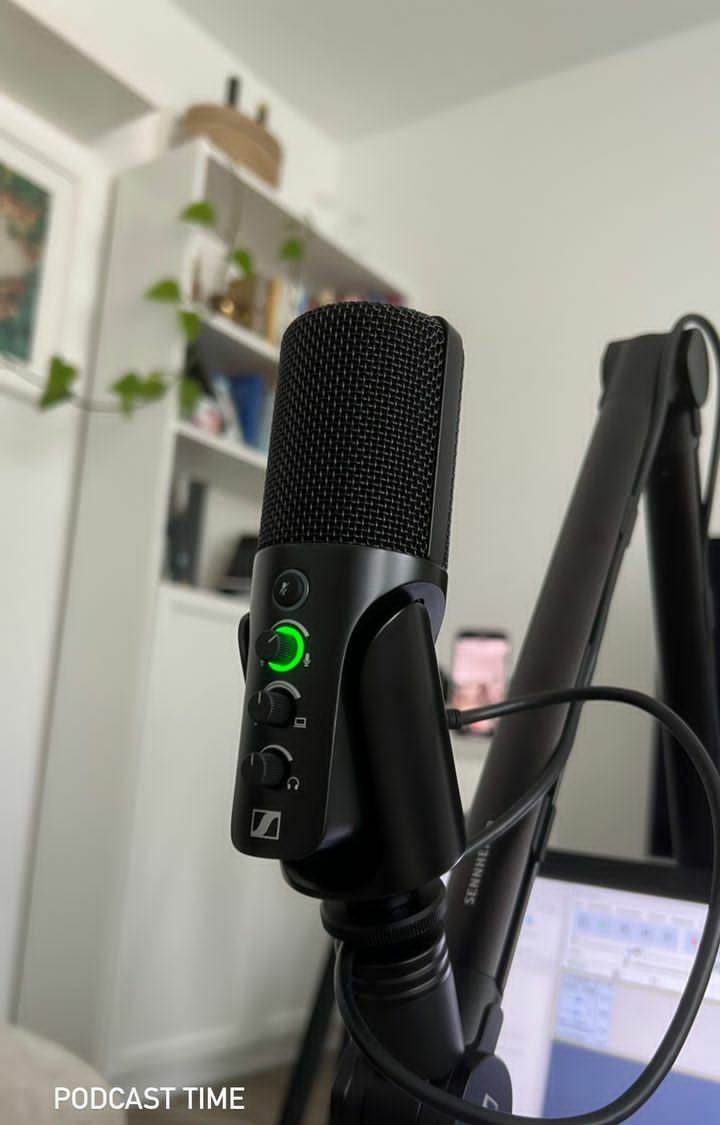3.02pm New Delhi / 2.32am Reno Nevada / 5.32am DC / 10.32am London
80-82 percent awardees / recipients of “subsidize / scholarship” by Indonesian government (around US$90k / year / person) are middle-high class income, actually can afford to pay himself / herself for studying abroad, show how wasted this budget. Around 800 awardees try to defect and or change his/ her nationality from Indonesian citizens (around 2-2.5% total awardees) after enjoying gigantic subsidies / scholarship by Indonesian taxpayer, to show how wasted this budget just ended with result (tragic) brain drain.
Fairness
How about Brain Drain in India, Chairs G20 this year?
On the final night of his visit to Washington in late June, after 15 standing ovations in Congress and an opulent White House dinner tailored to his vegetarian tastes, Indian Prime Minister Narendra Modi set time aside to court and be cheered by another important constituency: the Indian diaspora.
Fairness
Backstage at the Kennedy Center, as business leaders in bespoke suits and fine silk saris filtered into a 1,200-seat theater, Modi met with a handful of entrepreneurs. Most were young, educated in India, made rich in America, and eager to connect with the man who presents himself as a guru to the world, preaching how this is “the century of India.”
Taxpayer
“Thank you for lifting the image and spirits of Indian Americans,” Umesh Sachdev, 37, told the prime minister, explaining that he was the founder of Uniphore, an artificial intelligence business valued at $2.5 billion, with offices in India and California. Modi tapped Sachdev’s shoulder and exclaimed “waah,” or wow in Hindi.
“In Hosting Modi, Biden Pushes Democracy Concerns to the Background.” The term “Democracy Concerns” is not put in scare quotes or otherwise presented as something that ought to invite skepticism, a self-serving claim of internal motive made by the White House that the reader should perhaps take with a grain of salt. The Times simply states as an agreed-upon fact that President Joe Biden, along with the broader US diplomatic apparatus, have genuinely felt “democracy concerns.” No other major global power enjoys the taken-for-granted presumption of its perpetual, axiomatic concern for democracy—it’s a moral tiara only placed upon the head of The New York Times’ home country.
After much hand-wringing about Modi’s well-documented illiberal policies, the Times breathes a sigh, then asserts—again, without any skepticism or evidence—that the US sincerely cares about “human rights” but simply Has No Choice but to look the other way in this instance:
Mr. Biden has concluded, much as his predecessors did, that he needs India despite concerns over human rights just as he believes he needs Saudi Arabia, the Philippines and other countries that are either outright autocracies or do not fit into the category of ideal democracies. At a time of confrontation with Russia and an uneasy standoff with China, Mr. Biden is being forced to accept the flaws of America’s friends.
With an emphasis on national pride, Modi and his conservative Hindu-first Bharatiya Janata Party (BJP) have cultivated a surprisingly strong relationship with India’s successful diaspora. The bond has been strengthened by a global political machine, supercharged under Modi with party offices in dozens of countries and thousands of volunteers.
And it has allowed Modi to fuse his own image — and his rubric of elevating India — with those of superstar executives and powerful, often more liberal constituencies in the United States, Britain, Australia and many other countries.
No other world leader seems to draw such a steady flow of diaspora welcome parties, most recently in Paris, New York and Cairo, or giant audiences, including 20,000 fans at a rally in Australia in May. Modi was in France on Friday as the guest of honor at the annual Bastille Day parade, and with elections next year in India, the pattern has been set.
“The BJP leadership wants to show its strength abroad, to create strength at home,” said Sameer Lalwani, a senior expert on South Asia at the U.S. Institute of Peace.
But in some corners of the diaspora, strains are emerging. Many Indian professionals who cheer when Modi boasts that India has become the world’s fifth-largest economy — who gush about new infrastructure and more modern cities — also fear that his government’s Hindu-supremacist policies and growing intolerance of scrutiny will keep India from truly standing as a superpower and democratic alternative to China.
Vinod Khosla, a prominent Silicon Valley investor, who has often pushed for closer U.S.-India relations, said in an interview that India’s greatest risk is a disruption to economic growth from the instability and inequality inflamed by Hindu nationalism. Others worry that Modi, in a bubble of political celebrity and religious certitude, is ignoring the fragility of positive momentum in a complex, diverse and volatile nation of 1.4 billion people.
“The demographics only work for India if there is progressivism and inclusion,” said Arun Subramony, a private equity banker in Washington with digital, health and other investments in India. “The party has to make an extra effort to make clear that India is for everyone.”
The bond between the diaspora and the BJP began with pragmatism — and with the first BJP prime minister, Atal Bihari Vajpayee, who promoted information technology as the solution to India’s development problems in the late 1990s. Vajpayee is ultra-hindu conservative / supremacists.
Vajpayee made controversial remarks: "Wherever there are Muslims, they do not want to live in peace with others. Instead of living peacefully, they want to propagate their religion by creating terror in the minds of others." According to Sanjay Ruparelia, Vajpayee used Muslim terrorism to justify the violence in Gujarat. Ornit Shani believes that Vajpayee's government believed that Muslim provoked violence against themselves by simply being Muslim. The Milli Gazette criticized Vajpayee as "Muslim-bashing". Rafiq Dossani believes that Vajpayee was appealing to a post-9/11 neo-conservative mood.
In 2017, India made it mandatory for organisations with more than 50 employees to provide daycare facilities. But survey reveals this is a failure.
• Startups: 2 out of 53 moms had access.
• SMEs: 5 out of 71 moms had access.
• Large businesses: 36 out of 271 moms had access.
Kanwal Rekhi, the first Indian American to take a company public on the Nasdaq, heard Vajpayee’s speeches and thought: This guy gets it. He asked for a meeting and arrived in New Delhi in April 2000, leading a group called The IndUS Entrepreneurs, or TiE.
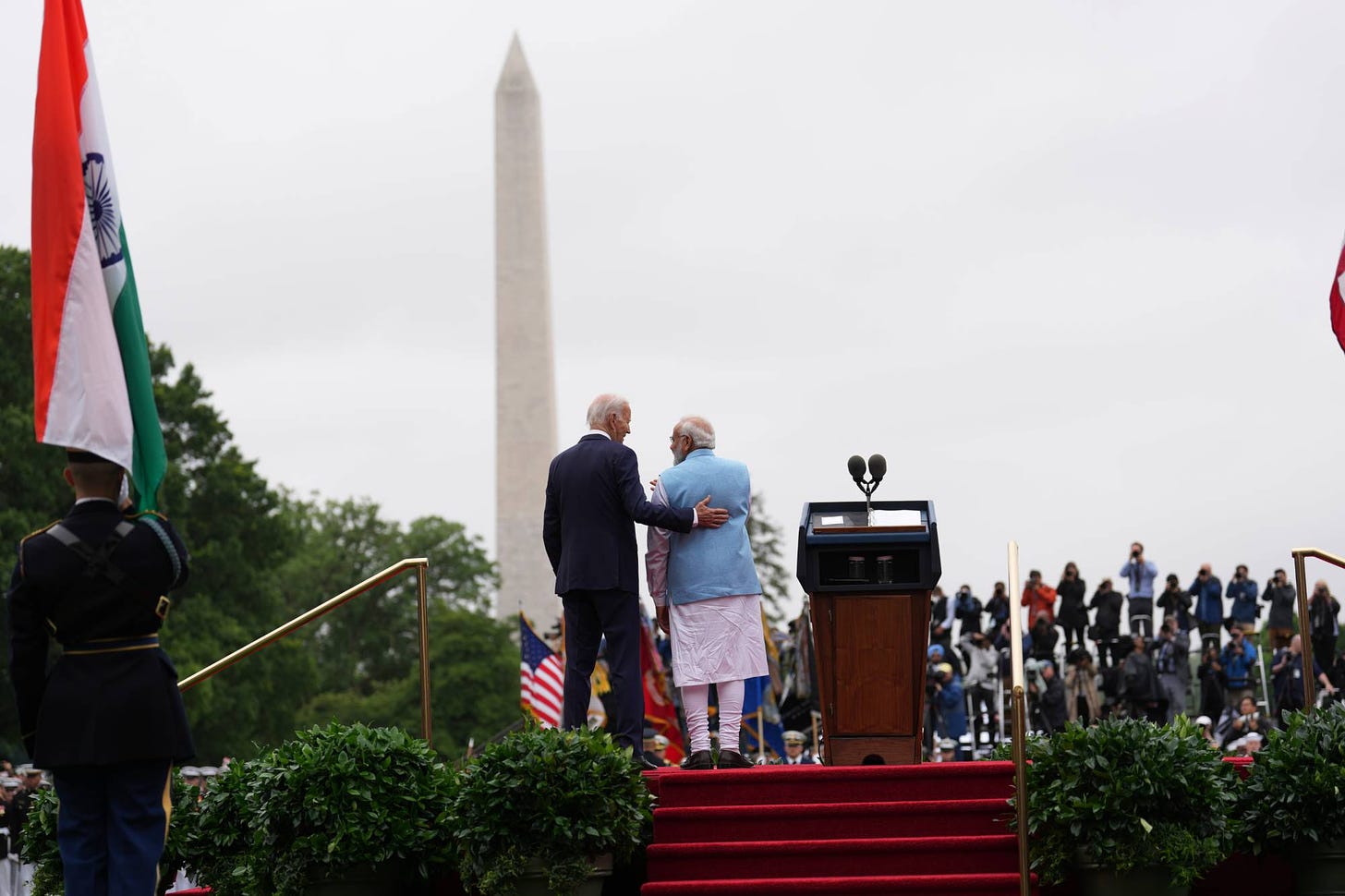
At the prime minister’s residence, there were paratroopers on the roof and tanks nearby, vestiges of a recent conflict with Pakistan. Rekhi was there promising that entrepreneurship could bridge divides — India and Pakistan, Muslims and Hindus. Vajpayee welcomed their techno-utopianism.
“He asked: ‘What is your sense of India and Indians?’ Then he said, ‘Our future is very bright, and you need to show us the way,’” Rekhi said in an interview.
So began a relationship with the diaspora that reversed decades of rancor, when those who left with university degrees were seen as traitors to India’s needs. Once Vajpayee made clear that he saw Indians overseas as guides and consultants, that is what they became.
TiE made several recommendations, bolstered by Stanford professors, and Vajpayee followed their suggestions. In 2001, for example, his government loosened its monopoly on internet infrastructure, allowing more private competition.
Naren Bakshi, another tech executive in the meetings, recalled that Vajpayee insisted that the diaspora also play a direct role.
“If you care for India,” he told them, “come to India.”
Bakshi bought a home near where he had grown up in the state of Rajasthan, and he has spent four months a year in India ever since.
In the early 2000s, he also helped found the India Community Center in Milpitas, California, a sprawling complex in a South Asian suburb of San Jose that has become a hub for yoga, Muslim and Hindu holidays, weddings and, increasingly, meetings with visiting Indian officials.
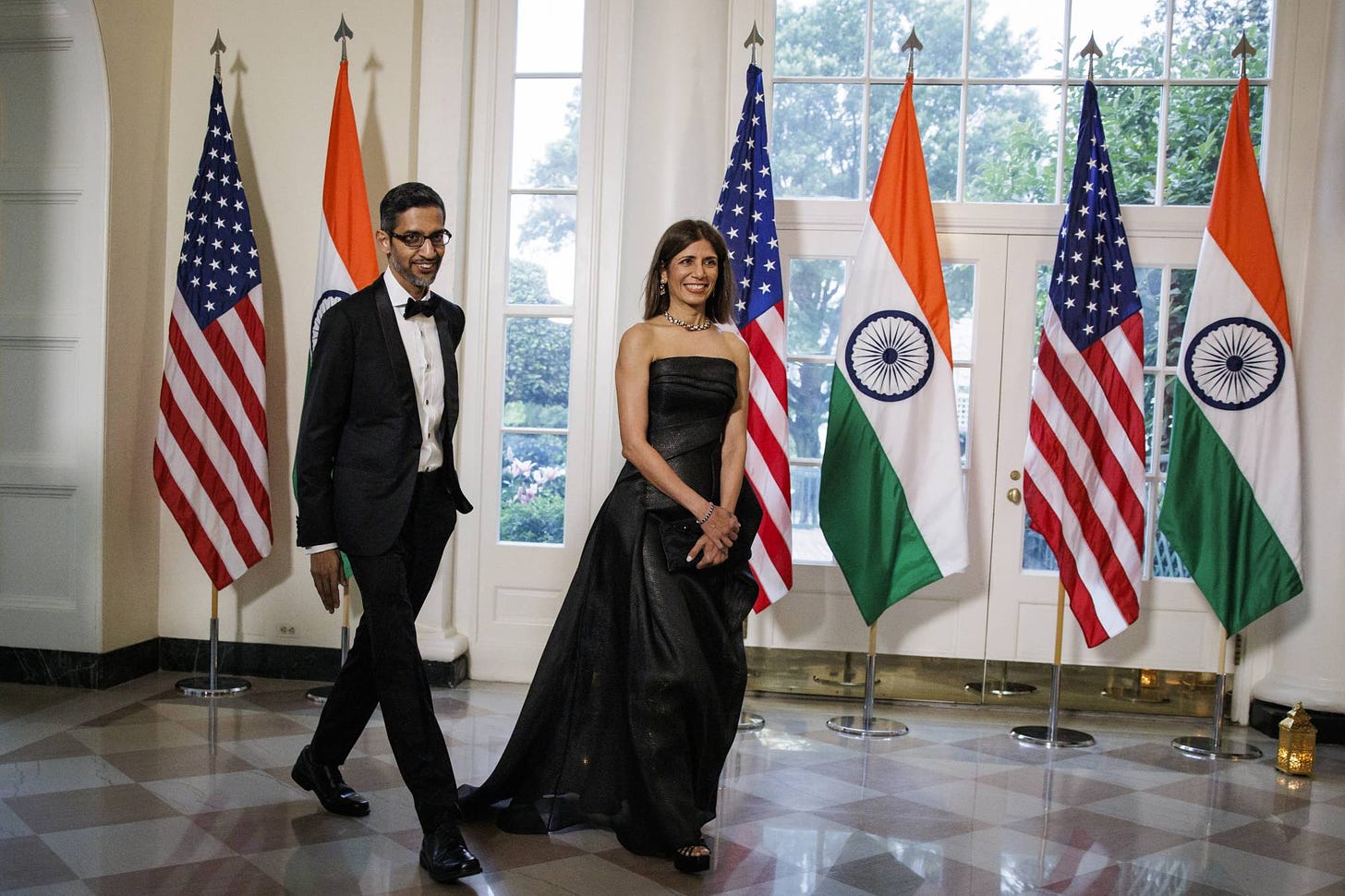
“People here are very much involved,” Raj Desai, the center’s president, said over tea recently.
In Silicon Valley and elsewhere, Overseas Friends of the BJP, the party’s international arm, has become an established presence. Helping with immigration issues and other challenges, its members supplement and compete with India’s understaffed corps of around 950 foreign service officers — a fraction of the roughly 16,000 who work for the United States.
Even though voting in India’s elections must be done in person, the BJP sponsored events last year with party officials in Texas, New Jersey, Washington, D.C., and North Carolina, as well as several events at the India Community Center in California, according to its mandatory registration filings as a foreign agent.
Visiting officials also bring together smaller groups for dinners and discussion. Sachdev, the Uniphore CEO, said he had gone to several such gatherings, adding that the conversations focused on business policy more than politics. He and other attendees said they had never been asked to contribute to BJP campaigns.
But political scientists believe that the BJP and Hindu organizations draw a significant flow of money from the diaspora.
In 2018, Modi’s government rushed through Parliament a law allowing Indians living abroad and foreign companies with subsidiaries in India to make undisclosed political donations. Spending on India’s 2019 campaign topped $8 billion, making it the most expensive election in the world.
Modi (May 26, 2023) inaugurated a sleek new Parliament complex, part of a more than $2 billion project to revamp India’s decrepit colonial-era center of government in New Delhi.
But the inauguration ceremony, which reflected Mr. Modi’s usual penchant for Hindu religious and nationalist symbolism, was boycotted by his political opposition. And outside in the streets, the police were brutally breaking up a demonstration.
Fairness
The majority of opposition lawmakers from both chambers, about 250 people, stayed away to protest what they called the latest example of the prime minister’s overreach, which they say is undermining India’s constitutional democracy.
In a rare statement of unity, about 20 opposition parties rebuked Mr. Modi for taking on a role they said was reserved for India’s president, Droupadi Murmu, who holds the symbolic but important role as the custodian of the Constitution.
“The president is not only the head of state in India, but also an integral part of the Parliament. She summons, prorogues and addresses the Parliament,” the parties said in the statement. “When the soul of democracy has been sucked out from the Parliament, we find no value in a new building.”
Mr. Modi’s Bharatiya Janata Party has pushed back against such claims, pointing out that previous prime ministers had inaugurated additions and annexes in the old Parliament building.
But the opposition parties said Mr. Modi’s choice to preside over the inauguration was consistent with a more general breach of parliamentary process by his party, including pushing through, with scant debate, contentious bills that have altered the fundamentals of India’s union.
Monsoon Season: Thousands of people were evacuated from their homes in Delhi as the authorities warned of flooding after days of torrential rains that battered large swaths of northern India.
Rahul Gandhi’s Defamation Appeal: A court in the state of Gujarat denied the opposition leader’s request to stay his conviction in a case stemming from a comment he made about Prime Minister Narendra Modi, a move that could prevent him from running in national elections next year.
A Barrier-Breaking Love Affair: A romance between a Pakistani woman and an Indian man that began on the virtual battlefields of a video game has led to criminal charges and nationalist intrigue.
Space Business: With at least 140 registered space-tech start-ups, India stands to transform the planet’s connection to the final frontier.
The inauguration (which the opposition leader, Rahul Gandhi, compared with a “coronation”) was held under tight security, as female wrestlers who have been camped out in protest for more than a month in central Delhi had vowed to hold a march the same day. The protesters, who include Olympic medalists, have accused the wrestling federation’s chief, who is also a lawmaker in Mr. Modi’s party, of sexual harassment and complained that the government was trying to brush aside their concerns.
When the wrestlers’ march breached the security barricades, the police broke it up in a chaotic and violent scene, detaining the wrestlers and dismantling their camp.
Brij Bhushan Sharan Singh, the accused lawmaker, was in attendance at the inauguration, posting pictures of himself posing inside the new Parliament.
The old Parliament building was the site of big moments in the nation’s history, like the 1947 declaration of independence from Britain and the adoption of the Constitution creating India as a democratic republic. But it no longer met the needs of what is soon to be the world’s most populous country. It was short on space for the lower house’s 543 legislators, a number likely to increase in coming years. Pieces of its ceiling sometimes fell on members, and a few years ago, the air-conditioning smelled so bad that a session had to be adjourned.
The new complex, built for about $120 million and designed by Bimal Patel, an Indian architect, incorporates the latest technology and expands seating to 888 in the main chamber of the lower house.
Ronojoy Sen, a political scientist at the National University of Singapore and the author of a book about the history of India’s Parliament, said the symbolism and the timing also mattered.
“The new Parliament is being built in time for the 2024 general elections,” Mr. Sen said. “More importantly, it will remain as part of Modi’s legacy, and as a link to India’s ‘timeless’ and ‘ancient’ democracy — something that Modi has often talked about.”
Campaigning for next year’s general elections is in full swing, with opposition parties struggling to find a formula for challenging Mr. Modi’s grip as he prepares to seek a third term in office.
India’s governing party is presenting Mr. Modi as the leader needed at the moment of India’s rise on the global stage. At an event in New Delhi on Friday marking nine years of Mr. Modi’s rule, party leaders listed the progress on his watch — expansive infrastructure investment, improved social welfare programs, a rise in global standing — as reasons for a third term of his “decisive leadership.”
Taxpayer
While the opposition parties have often fought each other, many have faced a common threat in Mr. Modi’s unleashing the arms of the state against them. In recent months, they seem to be uniting around a common narrative: Mr. Modi is turning the country’s democracy into a one-party rule that is failing to bring the economic growth, particularly employment, that India needs.
“The muzzling of democratic dissent and expression has compelled opposition parties to sink their differences and come together to oppose Mr. Modi,” said Arati Jerath, a political commentator based in New Delhi. “The opposition hopes to make the protection of democracy and federalism their main planks in next year’s general election. However, much more work will have to go into shaping a popular and appealing narrative around these issues.”
Analysts and rights activists say Mr. Modi has centralized power around himself in ways unseen since the 1970s, when Prime Minister Indira Gandhi’s declaration of emergency brought India’s democracy the closest ever to outright dictatorship.
What makes Mr. Modi’s approach different from Ms. Gandhi’s authoritarian turn, they say, is its religious undertone: He is a lifelong member of a right-wing Hindu movement that aims to turn India’s secular system into a Hindu-first nation.
At a Hindu prayer ceremony during the inauguration (which also included an interfaith ceremony later), Mr. Modi prostrated himself in front of a scepter, an object that has come to encapsulate the meaning of the new Parliament — a new beginning from an ambitious builder, one determined to shed not just the remnants of India’s colonial past, but also increasingly to replace the secular governance that followed it.
The governing party said the scepter, given by Hindu priests to India’s first prime minister, Jawaharlal Nehru, as a symbol of transfer of power from the British in 1947, had been relegated to a corner of a small museum.
In social media posts showing Mr. Modi’s embrace of the scepter now, party leaders made clear what its return meant: a reclaiming of the Hindu glory that they feel has been wrongfully undermined by India’s secular constitutional structure.
Mr. Modi, surrounded by a dozen Hindu priests, carried the scepter down the aisle of the new Parliament, installing it to the right of the speaker’s seat.
“This new Parliament is not just a building; it is a reflection of the aspirations of 1.4 billion Indians,” Mr. Modi said. “This is the temple of our democracy.”
“There’s an absence of transparency, and it’s by design,” said Gilles Verniers, a senior fellow at the Center for Policy Research in New Delhi.
Taxpayer
In the United States, the BJP registered its presence — a requirement for any foreign political party — only after questions were raised about the financing of a giant “Howdy Modi” celebration in 2019 in Houston with then-U.S. President Donald Trump.
In Australia, the organization still does not appear in the foreign transparency register, despite the costs associated with Modi’s rally in May at Sydney’s Qudos Bank Arena, where hundreds of people lined up outside for selfies with twin Modi cardboard cutouts framing a giant sign with “We (heart) Modi” in bright white lights.
“He’s the leader of the century,” said Meera Rawat, after snapping a photo with one of the cardboard Modis.
Her group had reached Sydney on a bus chartered by a local BJP chapter. Several flights were also chartered by the party.
Asked about the process, BJP officials in Australia said everything was “fully funded by the local Indian community and businesses.”
Albel Singh Kang, secretary of the Australian Sikh Association, said his group had been recruited for the event. When organizers declined to identify its funders, he passed. Indian Muslim leaders also stayed away, noting that members of Modi’s party have called for Muslims to be murdered — without strong condemnation from the prime minister.
Many Indians overseas fret about bloodshed in India, where religious minorities make up 20% of the population, and where Hindu mobs are regularly accused of lynching people — mostly Muslims — for their food, style of dress or interfaith marriages. But India’s emigrant families also worry about violence leeching into the countries where they have moved.
In 2021, men armed with bats and hammers attacked four Sikh students in a car in Sydney. After one of the men served a six-month sentence he returned to India, where he received a hero’s welcome. Tensions among Indian immigrants in Britain, Canada and the United States have also been rising in recent years, along with vandalism and threats.
“The fact is, there are divisions within India, and they are bound to express themselves because politics doesn’t stop at the national shores,” said C. Raja Mohan, a senior fellow with the Asia Society Policy Institute in Delhi.
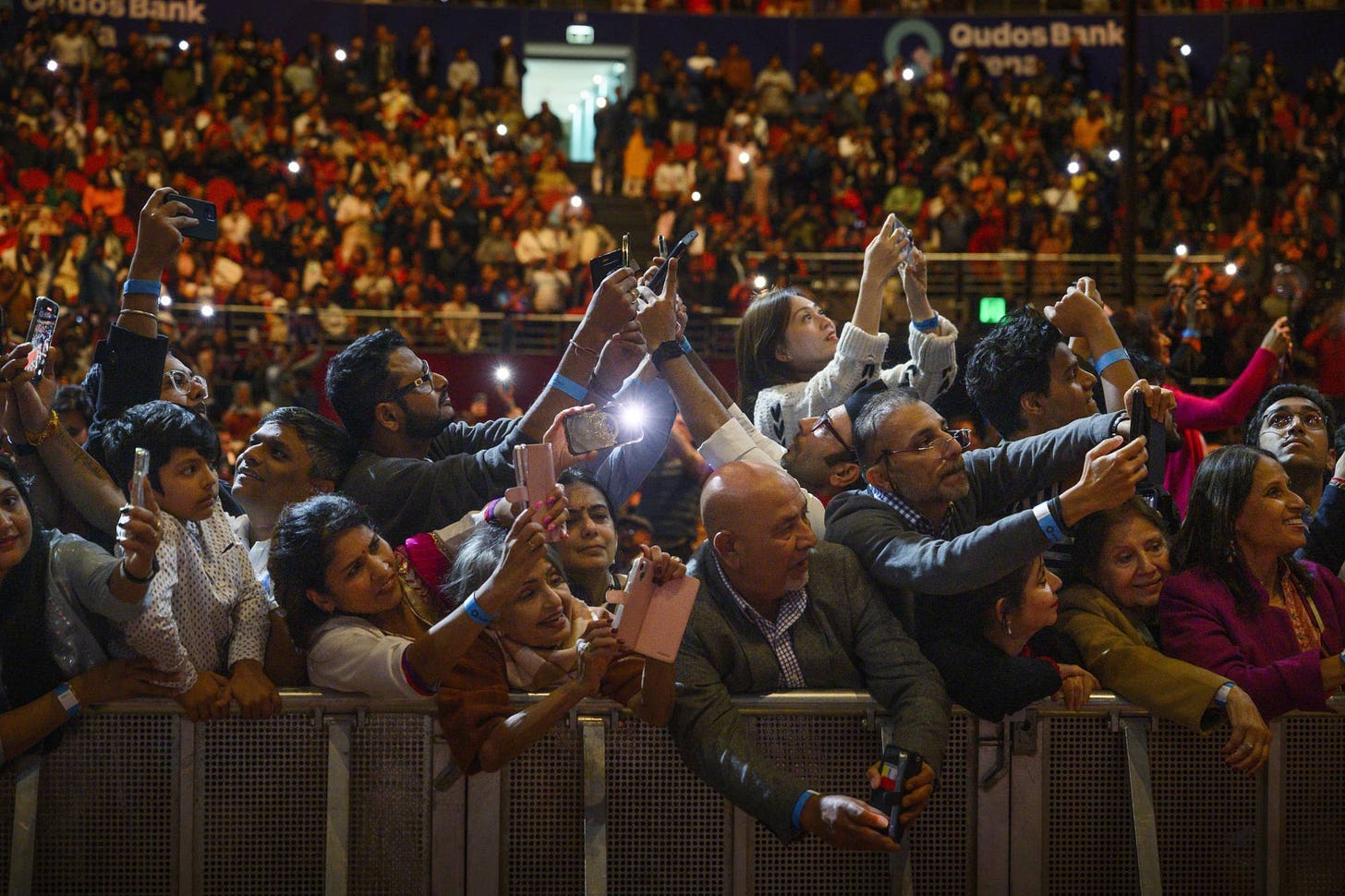
In Washington, where 7,000 Indian Americans joined him in an exuberant celebration on the White House lawn, Modi said at a news conference that discrimination against minorities did not exist under his government.
A few hours later, human rights activists gathered outside the gate, including Muslims who had fled to the United States after facing persecution in India. The TV crews had already moved on.
Behind the scenes, U.S. officials say there has been more nudging of Modi.
Ro Khanna, co-chair of the Congressional Caucus on India and Indian Americans, who represents the district that includes the India Community Center, said that he had spoken to Modi about the importance of pluralism.
“I want us to be very much focused on strengthening the U.S.-India relationship under the principle of India’s founding and our founding,” Khanna said, “and not a celebration of any particular individual.”
Some business leaders say that Modi deserves their unflagging support. “What’s important to me is, has he been able to put India on a trajectory of growth and global leadership?” said Sachdev of Uniphore. The United Nations recently reported that India’s economy had lifted 415 million people out of poverty in the past 15 years.
Others have started mixing praise with pragmatic concern. Khosla, the prominent investor, said it was time to recognize that the government’s favoring of Hindus “can take attention off the principal path of economic progress, and set it back, and set back global relationships.”
Even in Washington’s supportive diaspora crowds, there was a blend of pride and appeals for moderation, for equal opportunity and constructive critique.
Subramony, the private equity banker, said he grew up in southern India without regular water or electricity, in a compound of 10 families practicing four different religions. He called Modi “a very quick learner” who would hopefully defend India’s more tolerant values.
“It’s also our responsibility, the people who are feeding Modi, who are being inspired by what is going on in India,” he said. “It is our duty to make him change.”
==========END————
Thank you, as always, for reading. If you have anything like a spark file, or master thought list (spark file sounds so much cooler), let me know how you use it in the comments below.
If you enjoyed this post, please share it.
If a friend sent this to you, you could subscribe here 👇. All content is free, and paid subscriptions are voluntary.
————
-prada- Adi Mulia Pradana is a Helper. Former adviser (President Indonesia) Jokowi for mapping 2-times election. I used to get paid to catch all these blunders—now I do it for free. Trying to work out what's going on, what happens next. Arch enemies of the tobacco industry, (still) survive after getting doxed. Now figure out, or, prevent catastrophic situations in the Indonesian administration from outside the government. After his mom was nearly killed by a syndicate, now I do it (catch all these blunders, especially blunders by an asshole syndicates) for free.
(Very rare compliment and initiative pledge. Thank you. Yes, even a lot of people associated me PRAVDA, not part of MIUCCIA PRADA. I’m literally asshole on debate, since in college). Especially after heated between Putin and Prigozhin. My note-live blog about Russia - Ukraine already click-read 4 millions.
=======
Thanks for reading Prada’s Newsletter. I was lured, inspired by someone writer, his post in LinkedIn months ago, “Currently after a routine daily writing newsletter in the last 10 years, my subscriber reaches 100,000. Maybe one of my subscribers is your boss.” After I get followed / subscribed by (literally) prominent AI and prominent Chief Product and Technology of mammoth global media (both: Sir, thank you so much), I try crafting more / better writing.
To get the ones who really appreciate your writing, and now prominent people appreciate my writing, priceless feeling. Prada ungated/no paywall every notes-but thank you for anyone open initiative pledge to me.
(Promoting to more engage in Substack) Seamless to listen to your favorite podcasts on Substack. You can buy a better headset to listen to a podcast here (GST DE352306207).
Listeners on Apple Podcasts, Spotify, Overcast, or Pocket Casts simultaneously. podcasting can transform more of a conversation. Invite listeners to weigh in on episodes directly with you and with each other through discussion threads. At Substack, the process is to build with writers. Podcasts are an amazing feature of the Substack. I wish it had a feature to read the words we have written down without us having to do the speaking. Thanks for reading Prada’s Newsletter.
Headset and Mic can buy in here, but not including this cat, laptop, and couch / sofa.




